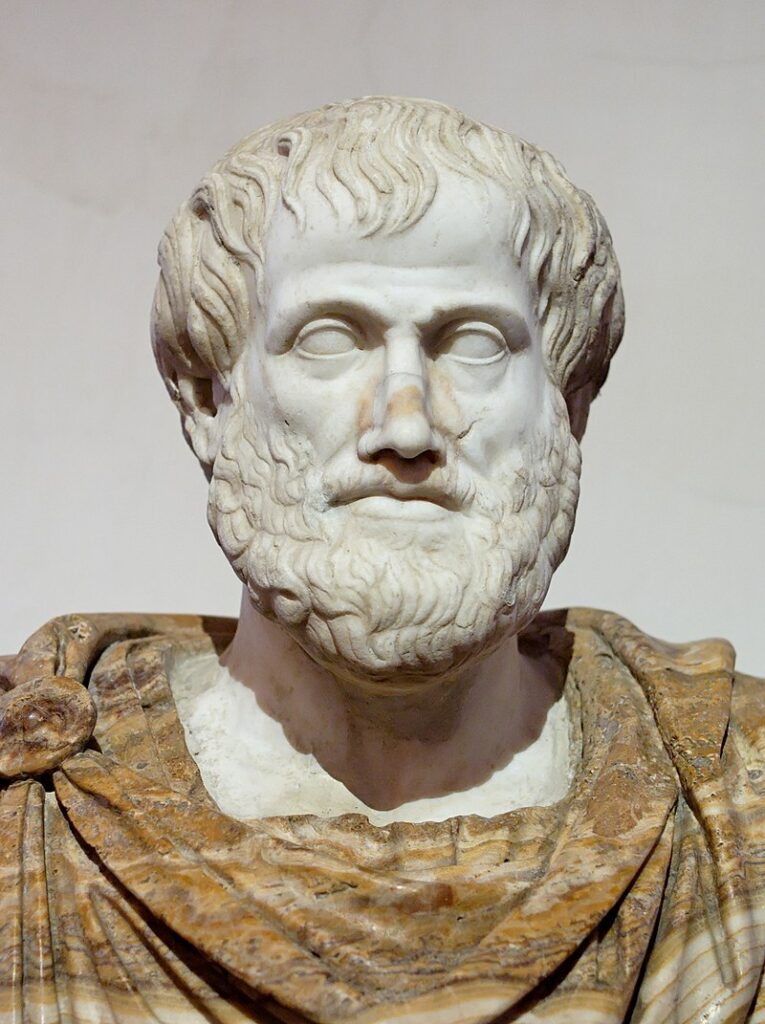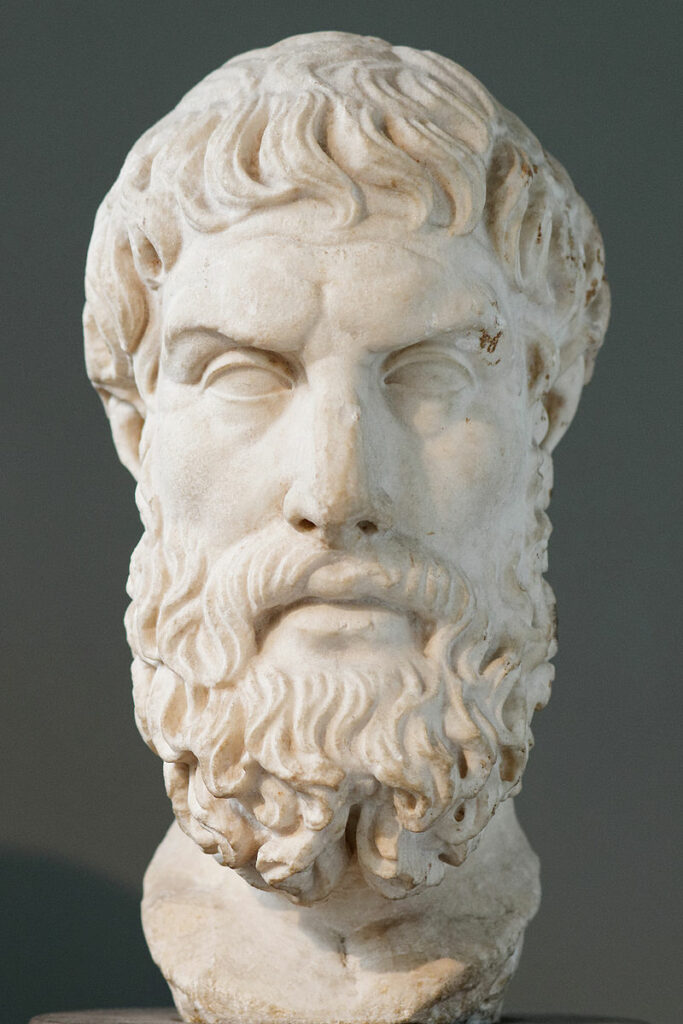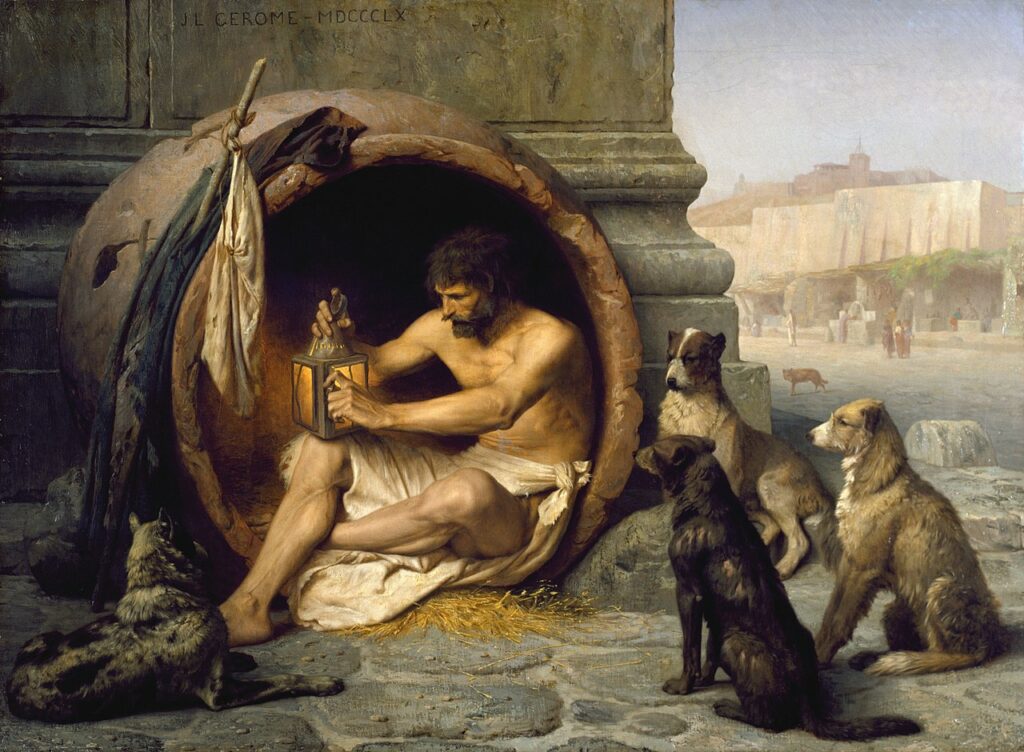by Ed Whelan, Contributing Writer, Classical Wisdom
The Greeks and Romans have decisively shaped Western civilization, which in turn has influenced modern global culture and society. Today, we can still learn from their teachings and thought. They were interested in the same things as we are, such as happiness, freedom, and well-being. Graeco-Roman civilization can help us to live life to the full, and to achieve our potential.
1. Control Your Responses and Not the World
Life in the ancient world was tough and hard. War was constant, and there was always years of famine and plague. The Greeks and Romans developed a number of philosophies to help them to cope. One of these was Stoicism, which urged its followers to accept their external circumstances, but to try to control their responses and become more resilient. In this way we can help to find inner strength, and even peace according to the Roman thinker Seneca the Younger.
2. Holistic Approach to Wellness
The Greeks and later the Romans loved intellectual pursuits, and yet they were also people of action. For example, they loved both poetry and sports. There was no division between an intellectual or athletic in the Classical world, one had to be both. The Ancients believed that happiness and peace of mind required an integrated approach of developing both our mind and body.
3. Be a Citizen of the World
The Stoic School of Philosophy urged people to see themselves as citizens of the world. This teaching is known as cosmopolitanism. We all have the same needs and fate, and this is more important that national and ethnic distinctions. In an increasingly global world, this seems only sensible. Seeing ourselves as a citizen of the world could open up a range of opportunities for us.
4. Social World
The Greeks and Romans believed that participation in the social and political life was essential for a full life and allowed a person to flourish. Only by participating in the world around us could we grow as a person. Aristotle said that ‘humans are political animals’ and needed to participate in public life. More of us need to take part in public life to do good and find more purpose in our life.
5. Hubris
The Greeks and Romans believed that pride and arrogance preceded a fall or some disaster. The concept of hubris can be likened to an infatuation or madness send by the gods to punish the overmighty. They believed that over-confidence and arrogance were dangerous and offended the divinities. Be aware of our inclination to pride and boastfulness, which could lead to costly mistakes and failures.
6. The Good life
The Greeks and the Romans believed that reason was essential for happiness and the good life. Epicurus argued that a person who was rational could see that passions and pleasure did not lead to happiness. They were fleeting, and often led to poor decision-making and unhappiness. Epicurus believed that reason could lead to happiness, which he defined as peace of mind and tranquillity.
7. Excellent Character
The ancients believed that human flourishing required an excellent character. Sophrosyne was a Greek concept that encompassed both sound mind and good character. Those who wanted to succeed needed to develop the right character. Sophrosyne is often seen as the opposite of hubris. Those who have the qualities of sophrosyne are well-balanced and more likely to flourish according to Plato. Having these qualities can help us to be successful both professionally and personally.
8. Live in Accordance with Nature
Today the environmental crisis is the number one challenge facing humanity. The Cynic school of philosophy believed that happiness and peace of mind were only possible if we lived in accordance with nature. If we live in a sustainable way, not only are we protecting the environment, but we are also helping our mental and emotional wellbeing.
9. Be Careful What You Believe
The Greek and Roman Skeptics were a school of thought that believed knowledge was uncertain. This was not something to be feared, but rather allowed people to have peace of mind. It is necessary to suspend our judgment, and this can lead to tranquillity. Today, we are too willing to believe in anything we read or hear, especially on the internet. and this leads to anxiety. Like the Skeptics if we suspend our judgments, we will be less anxious.
10. Philosophy is About Happiness
There’s a preconception that philosophy is, by definition, a very abstract form of study: something very removed from the needs of everyday life. Yet, nothing could be further from the truth. For the ancients, philosophy, was about how we live. Most importantly, it was about how we can attain peace of mind and happiness. If we examine ourselves and the world in which we live, we will be able to live a better life. We will be able cope with anything that the world throws at us, just like the Greek and Roman Stoics.
Conclusion
Today, people are worried about many things. Issues such as inequality, the environment, technological changes, pandemics and so much more can weigh on our minds. However, the wisdom of Graeco-Roman culture can help us to change our attitudes, and learn how to get the most out of life. The ancients can help to give us peace of mind in this most anxious age.
References
Russell, Bertrand (1990). History of Western Philosophy. London: Routledge.













No comments yet. You should be kind and add one!
Our apologies, you must be logged in to post a comment.